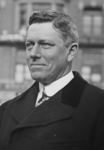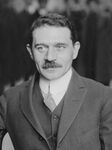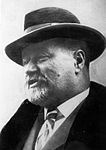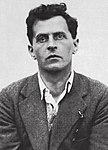1924 United Commonwealth legislative election
|
| |||||||||||||||||||||||||||||||||||||||||||||||||||||||||||||
| |||||||||||||||||||||||||||||||||||||||||||||||||||||||||||||
All 720 seats in the National People's Congress 361 seats required for a majority | |||||||||||||||||||||||||||||||||||||||||||||||||||||||||||||
|---|---|---|---|---|---|---|---|---|---|---|---|---|---|---|---|---|---|---|---|---|---|---|---|---|---|---|---|---|---|---|---|---|---|---|---|---|---|---|---|---|---|---|---|---|---|---|---|---|---|---|---|---|---|---|---|---|---|---|---|---|---|
| Turnout | 38,735,012 (86%) | ||||||||||||||||||||||||||||||||||||||||||||||||||||||||||||
|
| |||||||||||||||||||||||||||||||||||||||||||||||||||||||||||||
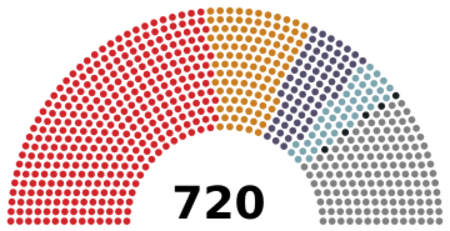 Composition of the elected legislature | |||||||||||||||||||||||||||||||||||||||||||||||||||||||||||||
| |||||||||||||||||||||||||||||||||||||||||||||||||||||||||||||
The Elections to the 3rd National People's Congress of the United Commonwealth of Continentalist States took place on 20 November 1924. The election was the first non-provisional election in the country's history, following the formal establishment of the Continentalist States in 1921, as well as the first election after the death of Aeneas Warren in 1922. The election took place in the midst of the rise of Seamus Callahan, and would ultimately solidify his position as paramount leader. Seamus Callahan's faction received a plurality at 47.5% of the seats won. The Labor Front of the Continentalist Party, having been neutered with the death or removal of Zhou Xinyue and William Z. Foster and Callahan's political maneuvering, effectively acted as controlled opposition, rallying behind Morris Hillquit, who by 1924 had largely reproached resistance to Callahan's election. Overall the Continentalist Party achieved a majority at 62.8% of the seats won, a percentage that is to this day their worst result.
Although publicly a success, the election was privately considered a failure and highly alarming to the leadership of the Continentalist Party. The election would see an underwhelming turnout of 86% due to illicit boycotting and obstruction of election proceedings. To date this is the lowest turnout in Continental history, although this is higher than any turnout in the Federalist era by far, due to mandatory voting requirements. The election took place during a series of crises, most notably an armed rebellion taking place across the Southern states known as the Southern Insurrection, as well as the final aftermath of the Great Famine. As a result of the insurrection, nearly 50% of adults in the Southern states had their voting rights suspended or revoked due to criminal activity, suspected Federalist sympathies, or because their regions constituted an "unreconstructed" constituency. Despite this electoral advantage, Continentalist permeation outside the urban north was still alarmingly low, with some state populations having major non-Continentalist majorities. Local communities and councils elected rival leaders, rejecting Continentalist candidates, and in some cases organized armed opposition to party cadres due to real or perceived injustices against local peoples. Although political parties outside the Continentalist Party were prohibited, a large number of independent candidates self-organized into a "Alliance of Farmers", which was loosely united behind demand for better agrarian policies, greater representation, and dissatisfaction with government rule. Elsewhere religious bodies organized their own opposition, running candidates opposed to the perceived anti-religious policies arising from the Continental Cultural Revolution. The largest of which was the United Continental Christian Party, representing fervent religious voters in the South and Midwest. Similarly, the Commonwealth Party emerged as a religious party based on the Tolstoyan movement, with some suspected anarchist leanings. Protests and outbreaks of violence occurred from each faction in the leadup to the election.
The 1924 election confirmed Callahan's rule, but its result also gave him an excuse among the Continentalist Party to crackdown against dissent. The election is regarded as one of the more fair in early Continental history, as Callahan would enact a series of policies that made subsequent elections far less representative, and he also cracked down on dissidents and illegal political parties with extreme fervor. Many of the elected leaders who identified with non-approved political parties would face additional scrutiny, arrest, or even execution in the following years, based on charges of revisionism, counterrevolution, sabotage, or treason. The Callahan administration has also been accused of enacting policies which disproportionately targeted demographics that showed disloyalty in the 1924 election; the Southern Famine was possibly prolonged to break the power of the farmer parties. The 3rd National Congress would elect Callahan as President of the United Commonwealth, and close ally Bill Haywood as Premier.
